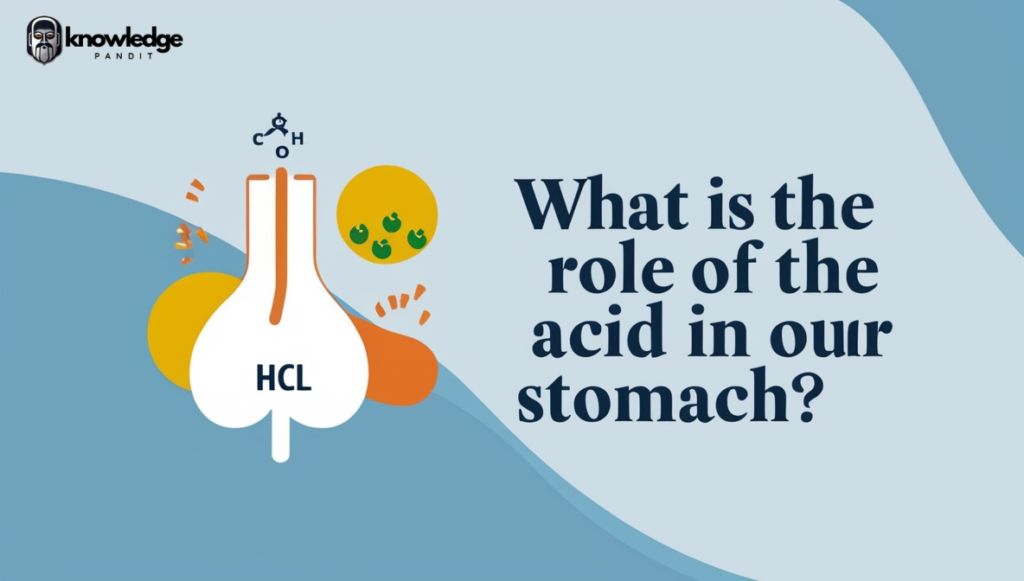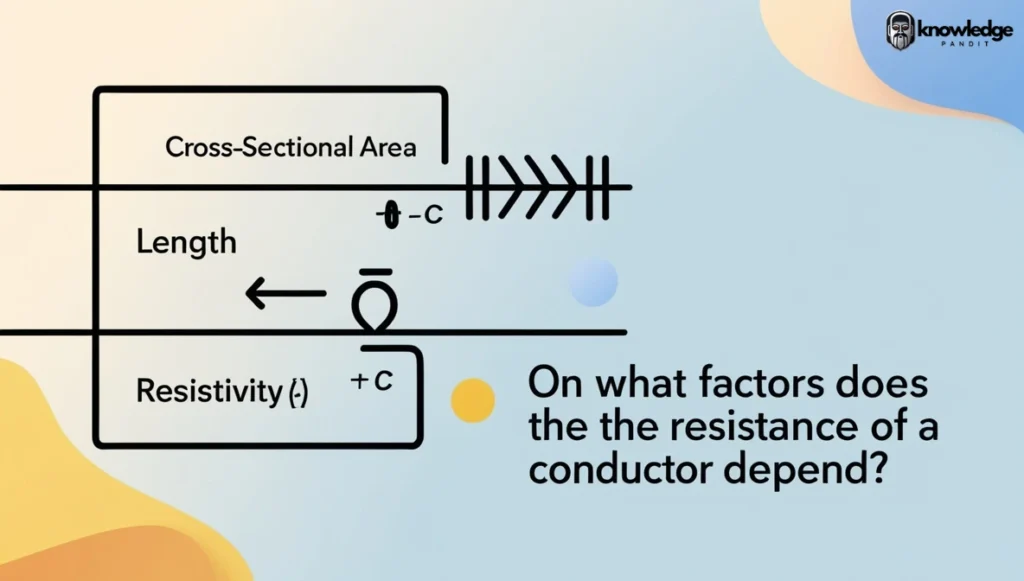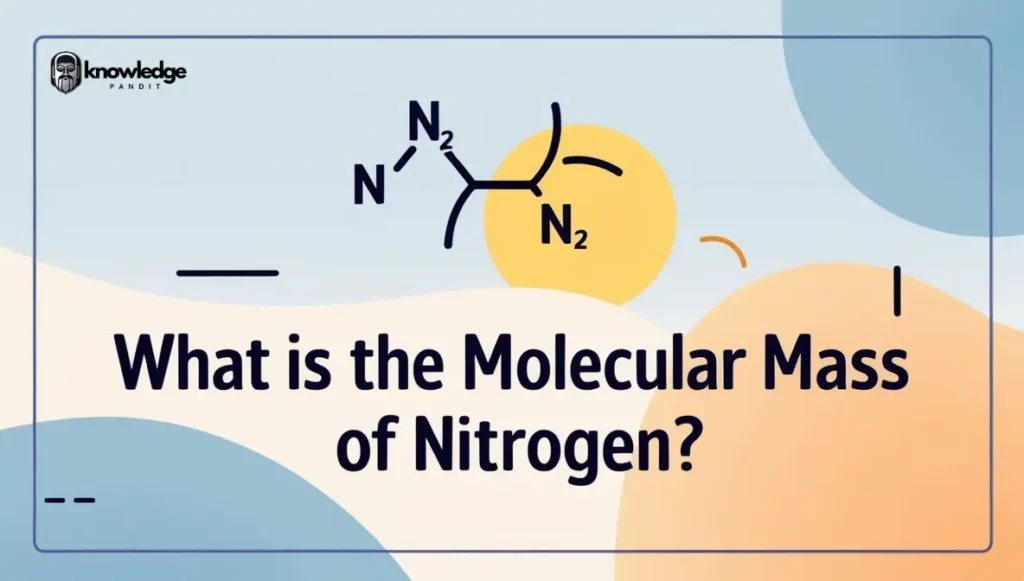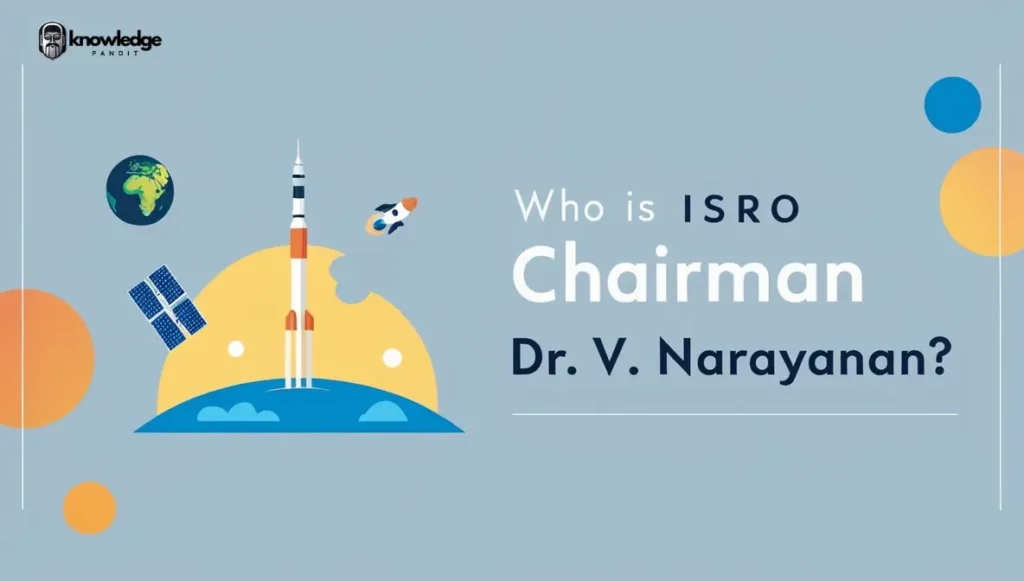The acid in our stomach, primarily hydrochloric acid (HCl), plays a crucial role in digestion and maintaining overall digestive health. It serves multiple functions that are essential for the proper breakdown and absorption of nutrients.
Functions and Role of Stomach Acid
1. Aids in Digestion
- Stomach acid helps break down complex food particles into smaller components, making it easier for digestive enzymes to process the nutrients.
- It activates the enzyme pepsin, which is responsible for breaking down proteins into amino acids.
2. Kills Harmful Microorganisms
- The acidic environment in the stomach acts as a barrier to pathogens, destroying harmful bacteria and viruses present in the food we consume.
3. Enables Nutrient Absorption
- Acid plays a vital role in absorbing important nutrients such as iron, calcium, and vitamin B12 by breaking them into forms that can be absorbed by the small intestine.
4. Creates Optimal pH
- Stomach acid maintains an optimal pH level (1.5 to 3.5) for the functioning of digestive enzymes.
Interesting Fact about Acids in Our Stomach
Did you know? – The acid in your stomach is so strong that it can dissolve metals, but your stomach lining protects itself by secreting a layer of mucus!
What Happens if Stomach Acid Is Imbalanced?
- Low Stomach Acid (Hypochlorhydria)
- Leads to poor digestion and nutrient deficiencies.
- Can cause bloating, indigestion, and an overgrowth of harmful bacteria in the stomach.
- Excess Stomach Acid
- May result in acid reflux, heartburn, or ulcers if the stomach lining is irritated or damaged.
Explore More:
- What is Succus Entericus?
- What is Back Cross?
- What is an Apothorax?
- Can Resistance Value Become Zero During Short Circuit?
- What is the Splitting of Light?
Conclusion
The acid in our stomach plays an indispensable role in digestion, nutrient absorption, and protecting the body from harmful microorganisms. Maintaining a healthy balance of stomach acid is crucial for a well-functioning digestive system.




